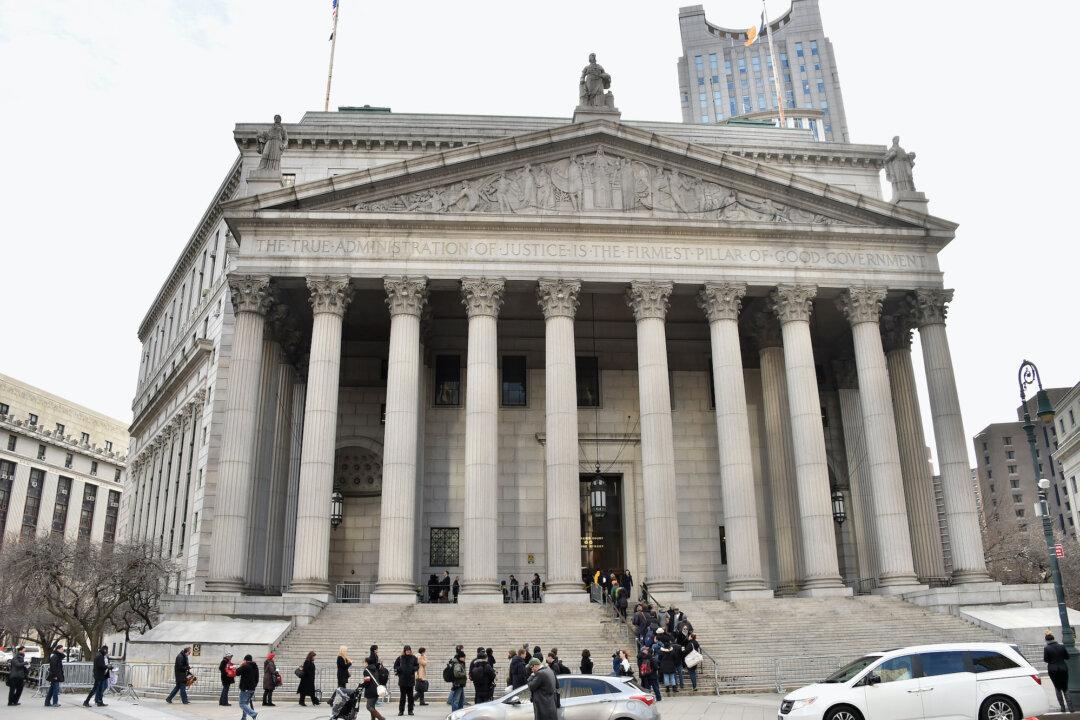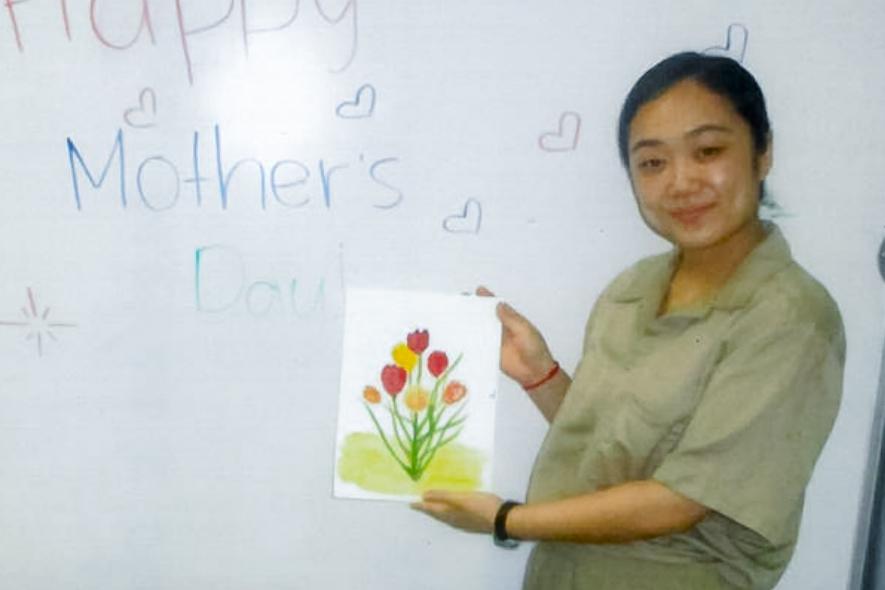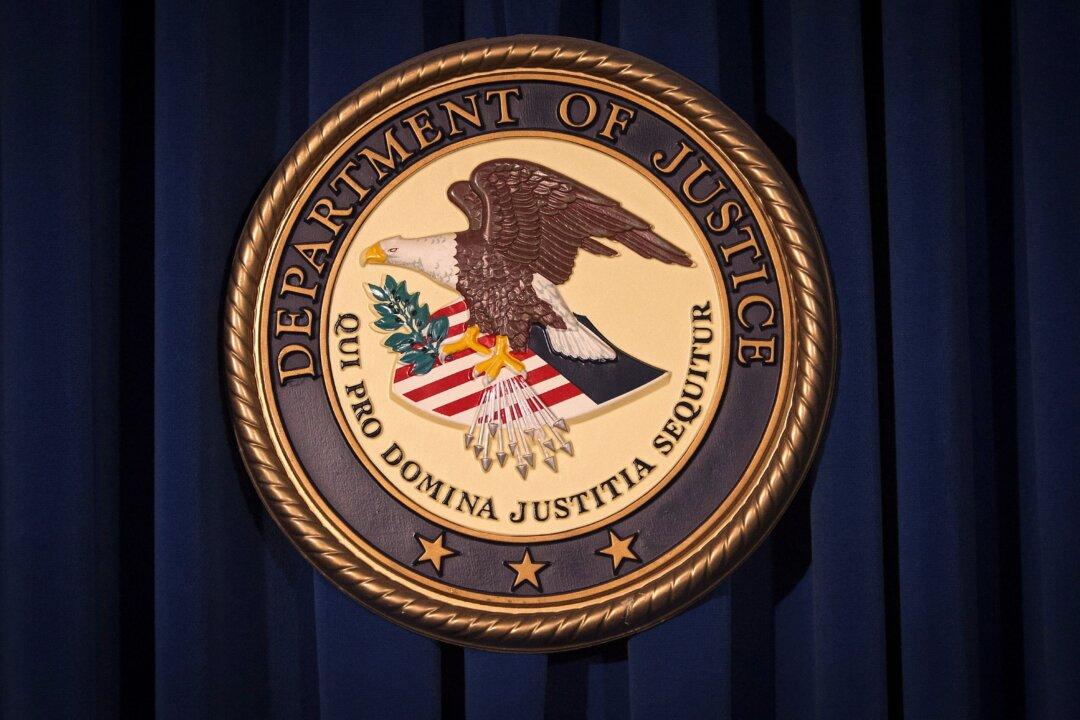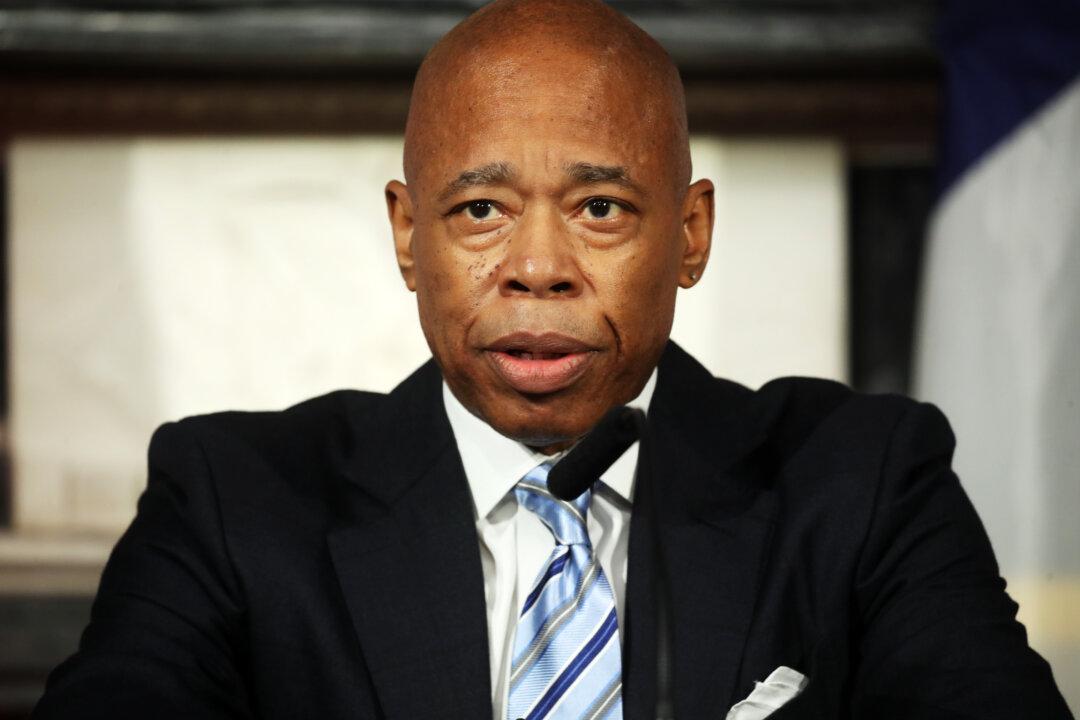In recent years, more and more Chinese people and China-based companies have filed lawsuits in the civil courts of New York, hoping to get help enforcing the judgments of Chinese courts that have failed to hold debtors accountable.
For instance, Shenzhen’s Yipiao Enterprise Management Consulting Co., Ltd., filed a lawsuit to the civil court in Manhattan, New York, asking it to confirm a 2014 judgment made by the Second Intermediate Court of Shanghai. The legal basis for the transnational filing is the Uniform Foreign Money-Judgments Recognition Act enacted by the U.S Uniform Law Commissioners in 1962, and New York State Civil Enforcement Code CPLR Article 53.




